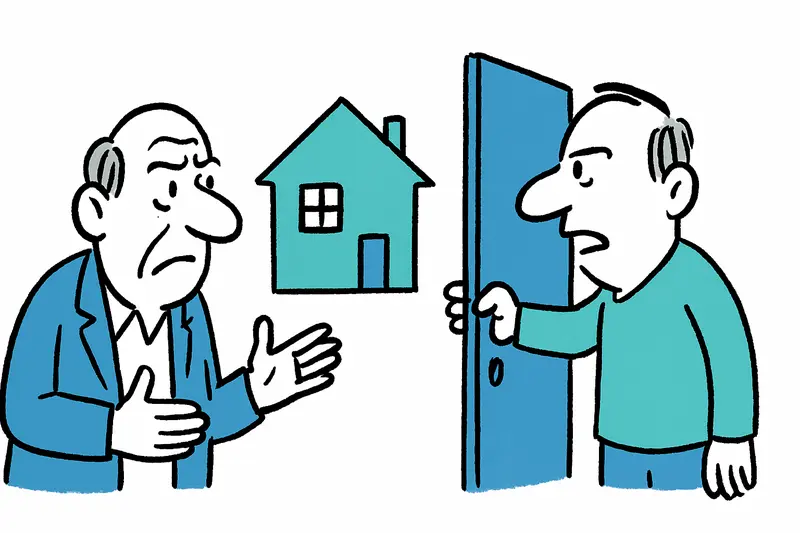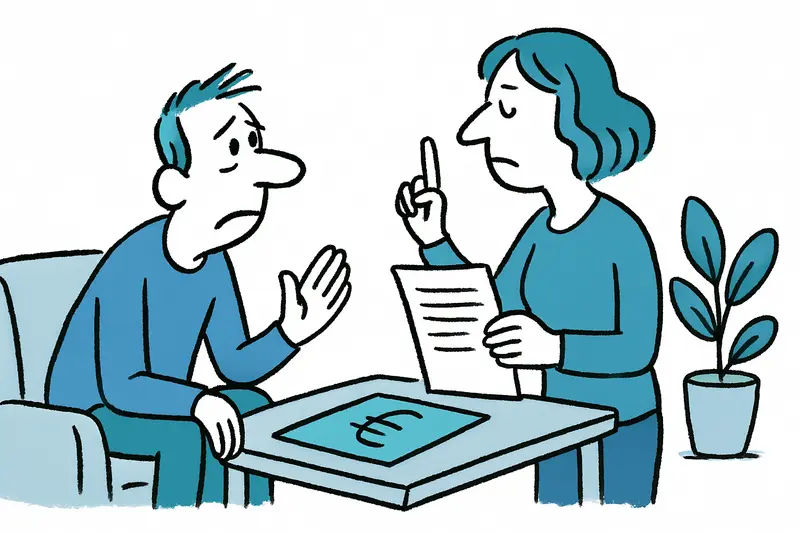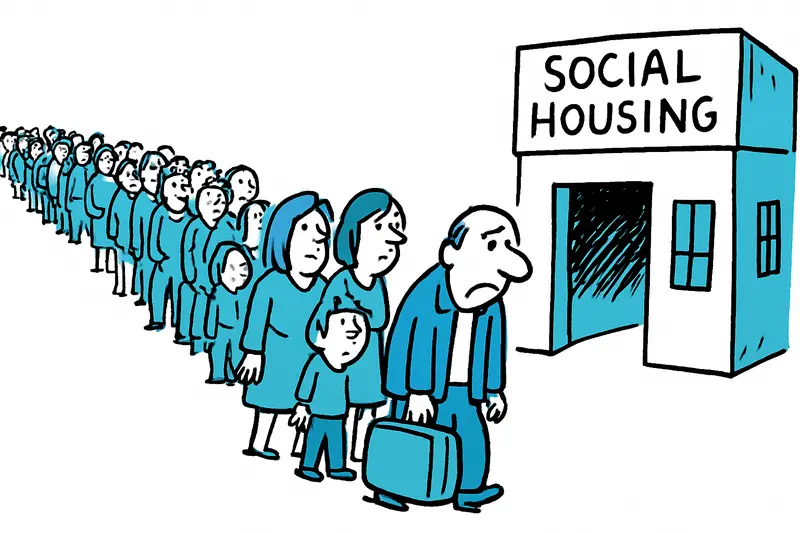The waiting list at the Balearic housing institute is longer than ever: almost 10,000 households are queued — mainly due to soaring rents and property prices.
Housing becomes a test of patience: Waiting list for social housing continues to grow
On the street you hear it again and again: neighbours, cashiers, teachers — many talk about the search for an affordable apartment. Officially almost 10,000 families are now on the waiting list of the Balearic housing institute Ibavi. More than 6,000 of them are on Mallorca alone. This is not a small statistical blip; it is a real problem felt on every corner.
By comparison: the number of registrations is around 20 percent higher than last year and almost 50 percent more than four years ago. Anyone who takes the bus along the Avenidas in the morning sees the development not only in numbers: new cafés, tourist hotspots, but also apartment blocks with "For Rent" signs that no one can afford.
Why the list is so long
Bureaucracy and lack of capacity are part of the explanation, say officials. The far more important cause sounds less bureaucratic: housing is simply getting more expensive. In the last ten years, rents and property prices have risen by about 80 percent according to official figures. That squeezes young families, single parents and people with low-paid jobs particularly hard.
Many who register say that although they work, they already have to spend half their income on basic rent. Craftsmen in Cala Major, childcare workers in Palma or supermarket employees in Llucmajor — these occupational groups recur again and again in conversations.
What happens now?
Island politicians are looking for solutions: new construction projects, repurposing vacant buildings, subsidies and temporary rent assistance are on the agenda. Some municipalities are trying pilot projects with cheaper apartments, others are negotiating with developers. The measures are necessary, but they take time — usually longer than people can wait.
On the Plaça des Capitoli, on a windy afternoon, groups of those affected sometimes meet to share experiences. There you hear sentences like: “We have been on the list for two years, but hope is fading.” Such voices do not appear in the statistics, but they are real.
Who pays the price?
In the long term, the Balearics face a question: will tourism and the property market continue to grow while locals are pushed out of the cities? Or can affordable housing be created without changing the island as we know it? Solutions will not come overnight. But anyone who visits the market in Palma in the morning and sees empty shopfronts in the evening realises: action is urgent — and a bit more sensitivity in planning would not hurt.
If you are affected or know someone on the waiting list: information on applications, deadlines and support services is available from local advice centres and on the official island government websites.
Read, researched, and newly interpreted for you: Source
Similar News

Balearic Islands want to adapt rent subsidies to island realities
The government in Madrid is opening the door: regions should in future be allowed to set their own maximums for rent sub...

Palma makes resident parking digital – ORA stickers are phased out
The city of Palma is replacing the blue ORA stickers with a purely digital resident system. What this means for resident...

Care staff raise alarm: Deficiencies at S'Escorxador Health Center in Palma
Nursing staff report serious safety and hygiene deficiencies at the S'Escorxador health center. The union has filed a co...

Rent subsidies in the Balearic Islands: Apply by December 15
If you're struggling with rent, you can now apply for support again. We explain who is eligible, how much is paid and wh...
Palma plans higher single-ticket price: EMT to raise fare from €2 to €3
The municipal bus company EMT proposes raising the single ticket from €2 to €3. The justification: costs have risen shar...
More to explore
Discover more interesting content

Experience Mallorca's Best Beaches and Coves with SUP and Snorkeling

Spanish Cooking Workshop in Mallorca

